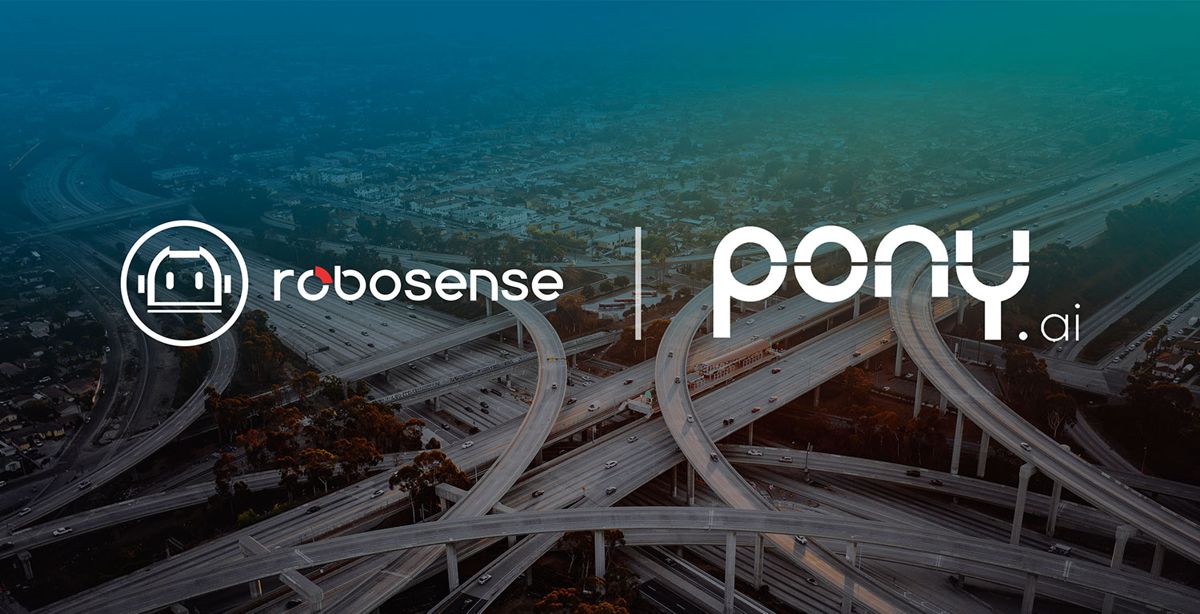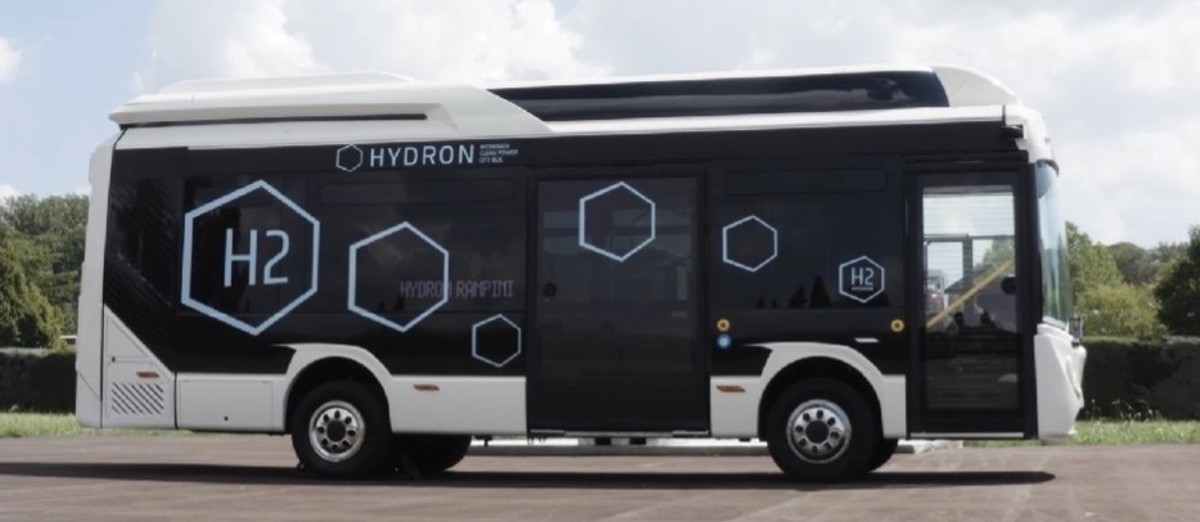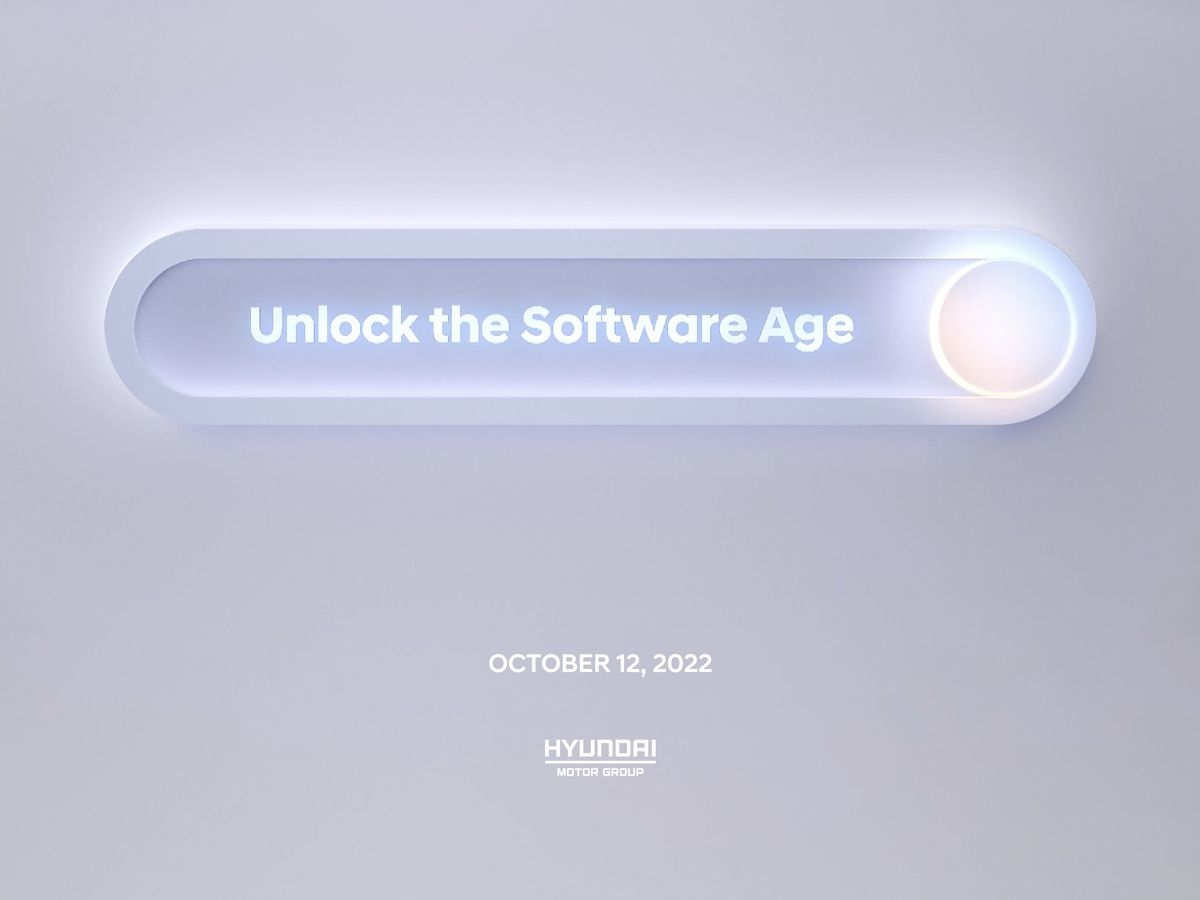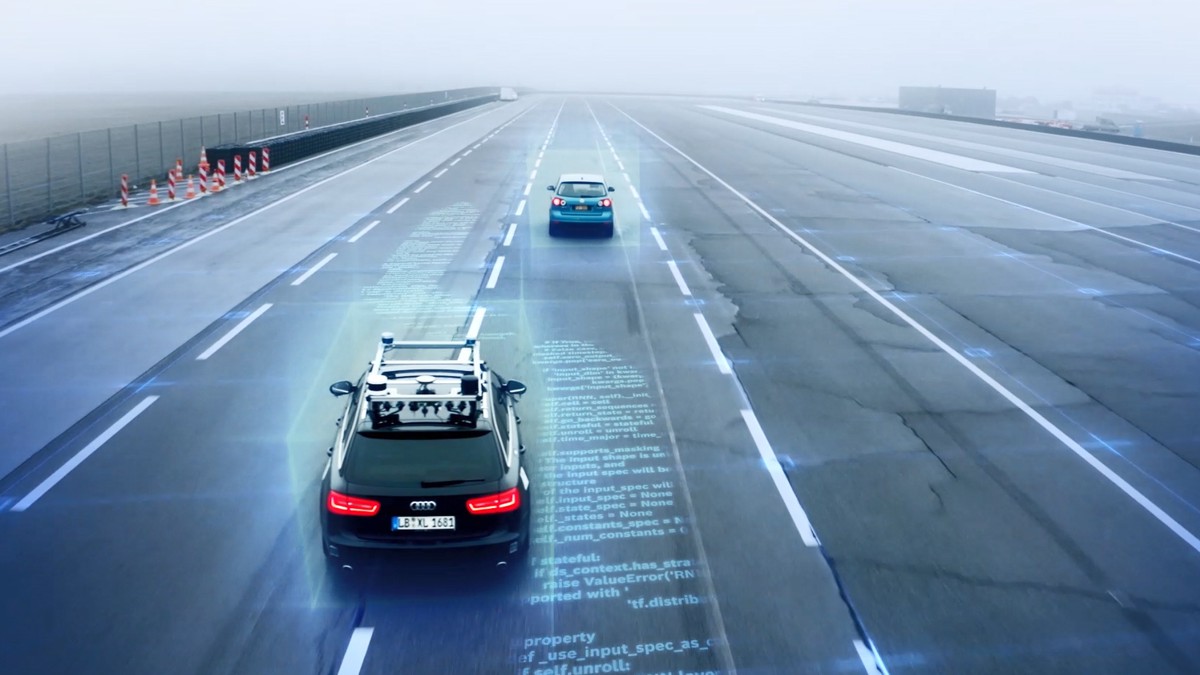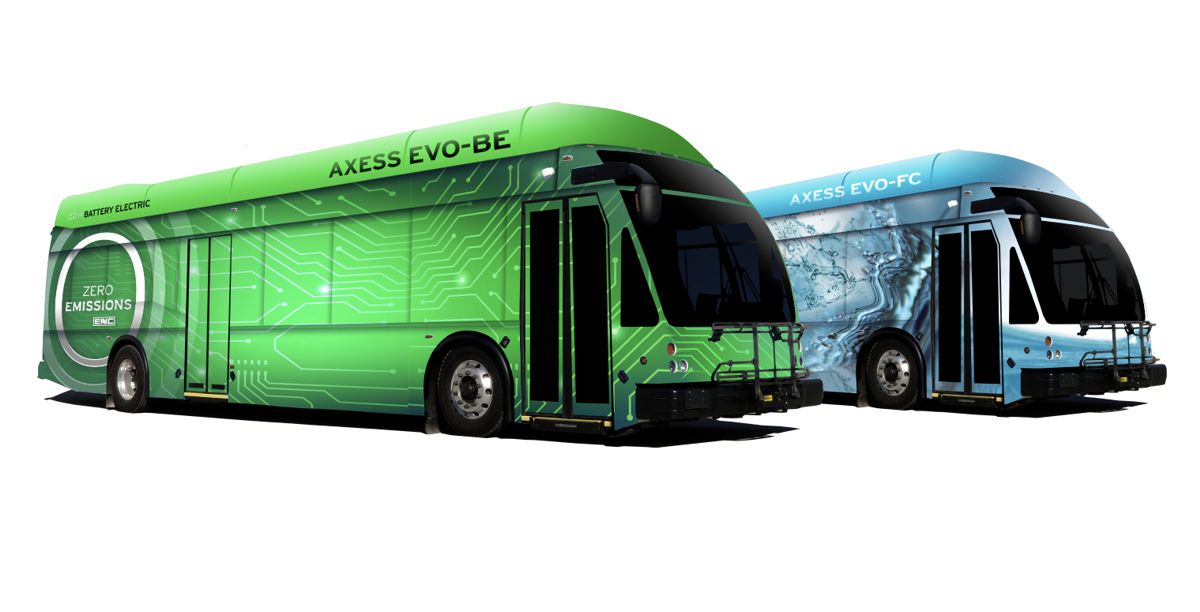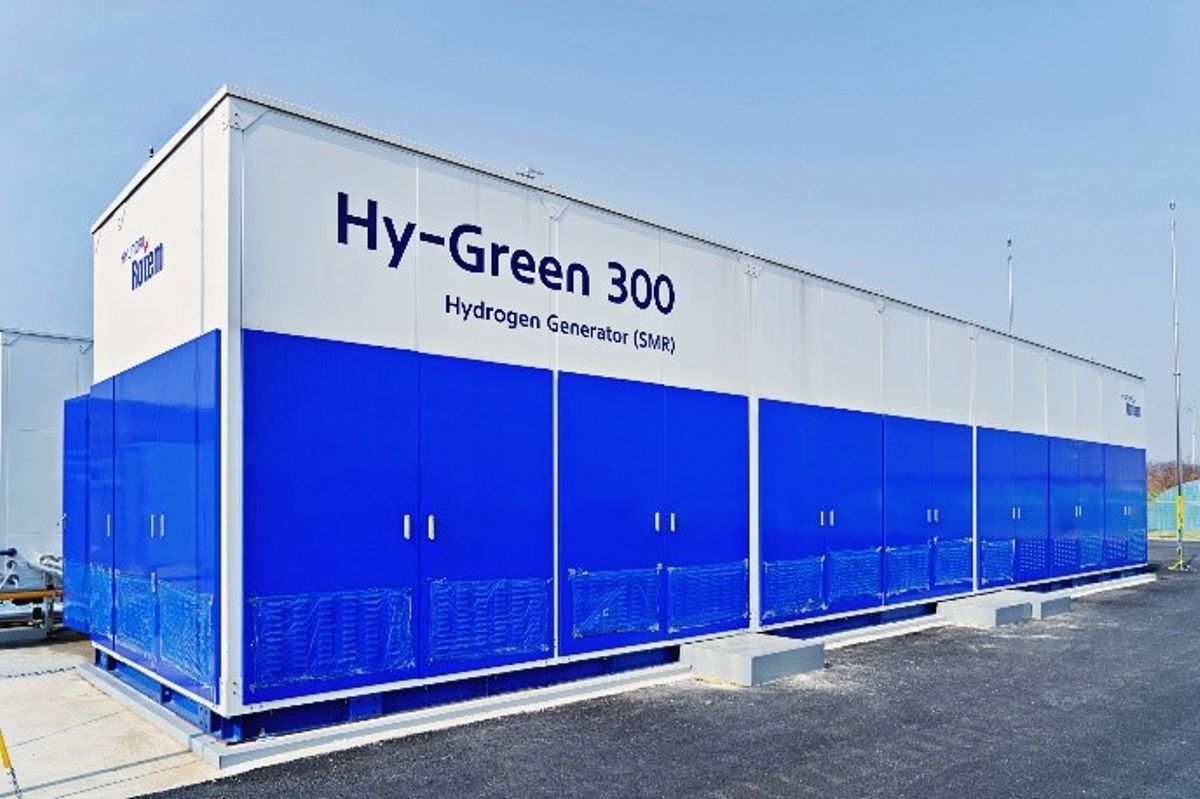Bosch expands mobile hydrogen applications and components
Bosch has expanded its product portfolio for mobile hydrogen applications: as of now, it also includes components for H2 tank systems such as tank valves or pressure regulators.
For this purpose, the supplier of technology and services has entered into an engineering partnership with the Italian specialist OMB Saleri in which the products are jointly further developed. “In the drive to achieve climate neutrality, hydrogen will be an important building block in the future powertrain mix,” says Dr. Uwe Gackstatter, president of the Bosch Powertrain Solutions division. “Together with OMB Saleri, we are making H2 tank components ready for volume production.”
Targeting the global market for hydrogen refueling solutions
Demand for powertrains that run on hydrogen will experience strong growth in the years ahead, especially in commercial vehicles. Bosch expects that by 2030, around one in eight newly registered commercial vehicles worldwide will be powered by a fuel cell.
Bosch and OMB Saleri hope that the partnership they have now put in place for components for hydrogen refueling systems will expand their market positions in the H2 sector. Their collaboration includes a licensing and engineering agreement for several products relating to hydrogen storage solutions at pressures of 350 bar and 700 bar. Joint simultaneous engineering teams are now further developing the existing products and optimizing them for volume production.
The two companies’ goal is to leverage economies of scale and offer components for hydrogen refueling solutions at competitive prices.
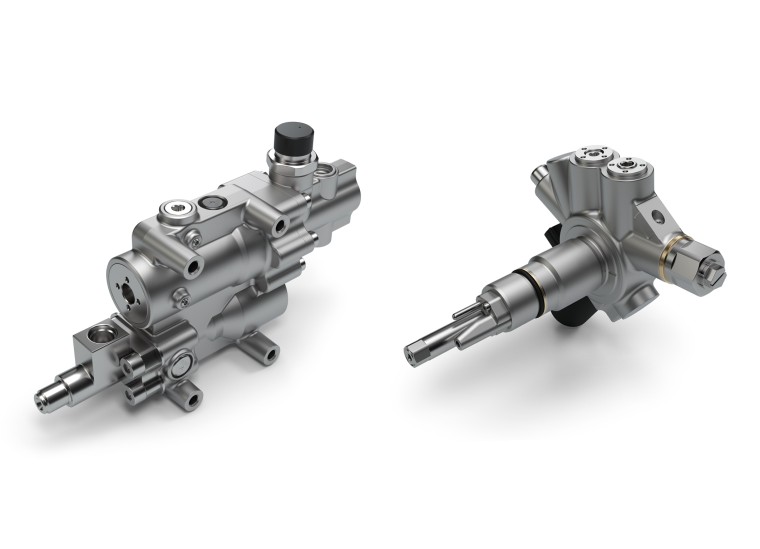
Bosch and OMB Saleri pool expertise
The partnership brings together the two partners’ know-how. The Italian technology company OMB Saleri, based in Brescia in northern Italy, is considered one of the world’s leading specialists in components for hydrogen storage solutions.
As a partner, Bosch will benefit from its engineering expertise, a modern H2 test infrastructure and testing stations, and components that have already proved their worth in initial applications. In return, Bosch will contribute its experience in the commercialization of innovative products as well as a global development and manufacturing network for large volumes.
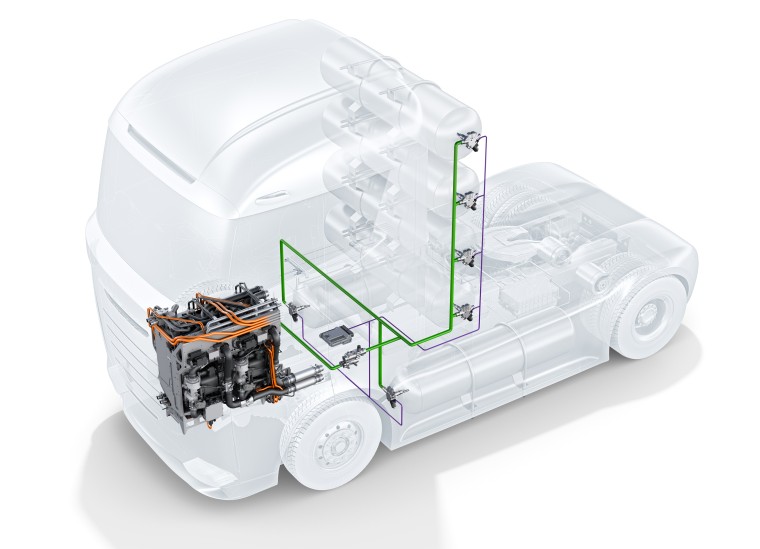
Bosch is working on mobile and stationary fuel cells
Bosch believes that hydrogen has a bright future as an energy carrier, and is making considerable upfront investments in this area. From 2021 to 2024, the company plans to invest around 600 million euros in mobile fuel-cell applications and a further 400 million euros in stationary ones for the generation of electricity and heat.
The portfolio for vehicles ranges from individual sensors to core components such as the electric air compressor and the stack to the complete fuel-cell module.






